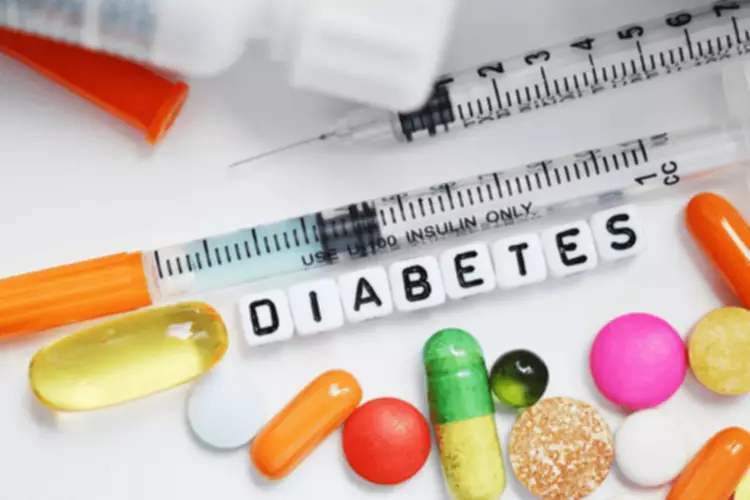58 Substance Abuse Group Therapy Activities for Recovery
Engaging in volunteer or community service projects as a group can play a pivotal role in preventing relapse. Participants can boost their self-esteem and create positive connections. By addressing underlying issues and triggers, participants gain the tools to manage stress and cravings in healthy ways. The sense of accomplishment and camaraderie fostered through these experiences can boost self-esteem and motivation in people in recovery. Art and other creative expression group activities provide people in recovery with an outlet for self-expression and emotional release. In settings like Alcoholics Anonymous and other self-help support groups, participants find social support and a safe space to openly discuss their challenges.
Team-Building Exercises And Trust-Building Games
Group therapy has a nearly 100-year-old history and has branched into many aspects of the contemporary world. As social creatures, we learn from and depend on groups to survive, thrive, and grow as individuals. If you’re looking for more science-based ways https://ecosoberhouse.com/ to help others enhance their wellbeing, check out this signature collection of 17 validated positive psychology tools for practitioners. Have group members collaborate and come up with a group motto based on the goals and outcome of the group sessions.
- Monument offers many expert resources, including alcohol therapy, medication to stop drinking, and alcohol support groups.
- Practicing gratitude has proven benefits for mental and physical health, and it can boost recovery by helping people focus on the positives.
- Experiential therapy should always be used in conjunction with traditional alcohol and drug treatment programs and not be the only form of treatment.
- The benefits of these sober activities exist well outside the realm of esoteric relaxation.
- Two Dreams prefers to hold process groups in order to enhance the holistic treatment experience and to help clients equip themselves with the tools needed for their own recovery.
- Effective group leaders can help create an environment where members can challenge each other in a productive manner while practicing these life skills.
Discover Therapy Worksheets to Help Your Clients
Recovery is an opportunity to reset and rediscover oneself, including exploring fun things to do in recovery from addiction that bring joy and satisfaction. Embracing new hobbies or revisiting old favorites can dramatically impact your outlook and enthusiasm for life. Engaging in sports or fitness activities not only improves physical health but also boosts mental well-being, enhancing feelings of happiness and reducing stress. Volunteering for causes you care about can also be immensely group activities for adults with substance abuse rewarding, providing a sense of purpose and contributing to a larger community. Group therapy is a form of psychotherapy where a trained therapist facilitates a therapeutic session involving a small group of individuals who share similar emotional or psychological concerns. These group sessions provide a supportive and confidential environment for participants to discuss their challenges, express their feelings, and gain insights into their own experiences and behaviors.
- Pass out one half sheet of paper to each client and ask participants to write down their fears.
- Group therapy can be used to explore and process a member’s triumphs, challenges, and relapses.
- Explore what balance they need in being alone and not feeling isolated.
- Substance abuse group activities aimed at identifying high-risk triggers often involve group discussions, reflective journaling, and shared experiences.
Practice Templates

Much like music, artistic activities can help people relax and focus on something soothing, which aids in recovery and healing. In meditation sessions, participants will practice focusing on their breathing or on affirmations while allowing thoughts to come and go without engagement or judgment. Sessions may occur anywhere from daily to monthly, depending on the level of care. For example, intensive outpatient treatment may require meeting twice a week, while inpatient programs may offer daily sessions. Group therapy in addiction treatment consists of three or more people, led by a licensed therapist, working together through issues related to addiction using behavioral therapy.
Games as therapy for people with language loss – Stanford University News
Games as therapy for people with language loss.
Posted: Tue, 18 May 2021 07:00:00 GMT [source]
- A common drug addiction recovery technique is the use of group facilitation.
- The next step is to actually try some of them—and to think positively and remain open-minded in the process.
- A needs assessment is essential to determine the purpose of the group and the specific activities, format, and structure that will follow.
- If you’ve never tried creating before, recovery offers a great opportunity to explore a new outlet.
- Sometimes one of the best ways to get out of your head is to seek out an adrenaline rush.
Acceptance and Commitment Therapy (ACT) is an effective treatment for anxiety, depression, and other mental health issues. Read our article that addresses how to apply ACT therapy in group settings. Role-play can be a great activity for acting out and resolving conflict in a healthy way. Members of the group can take on specific characters and role-play effective discussion, healthy ways to deal with stressful emotions, and setting boundaries. These activities can help build healthy relationships and improve personal emotional wellness.
- In sobriety, many of the things you can do for fun maybe things you’ve never done before but have always wanted to try.
- Breaking the cycle of addiction requires a thorough comprehension of its stages and triggers.
- Read our article that addresses how to apply ACT therapy in group settings.
- We feel like one of the most important ways to help any recovery is having a great support system of people to help you through the journey.
- These activities offer more than just amusement; they become powerful vessels for healing, providing both physical and emotional support in a group setting.
